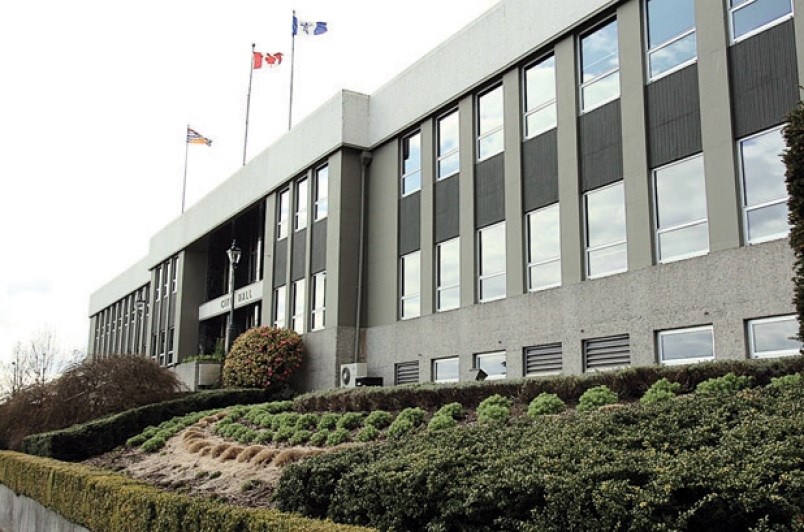Editor:
This is my response to a letter published in the July 29 edition of the Record titled City right to halt HRAs penned by Deane Gurney, vice-president of the New Westminster Heritage Preservation Society.
I may be wrong, but I’m guessing that when Gurney says he wants to halt the Heritage Revitalization Agreements (HRAs) based on a project that involved a larger-than-normal laneway house, he is talking about our house.
I need to refresh the readers and Gurney of a few facts. Our house is on a large lot, which backs on a commercial area and a side street. The laneway house replaced a large three-car garage that occupied the lot for 20 years. In Queen’s Park, it is far, far easier to build an oversized garage or a monster house than it is to build a secondary house. Our housing crisis has many causes and this is one of them.
Few years back, when we first proposed our laneway house, the city planning department suggested that we wait. “Why,” we asked. Because, they said, there would be additional floor space ration (FSR) in the new proposed Queen’s Park Heritage Conservation Area (QPHCA). Unfortunately, we had excess FSR but that could only be applied to a laneway if it didn’t exceed 950-square-feet overall. We have a son who is a teacher with a family of four. They needed three bedrooms. The HRA process was the only solution available to us under the rules at that time.
Before granting the HRA, we were required to bring the house to a good condition and an Edwardian esthetic. Our 113-year-old house was and is in good shape. Over the years there has been a lot of money that has gone into keeping it that way. As one heritage expert told us, “It is not the intent of HRAs to punish people who maintain their houses in good shape. The intent to of an HRA is to preserve the condition of the house from owner to owner, from generation to generation.” At one council meeting, Mayor Cote said for the record that he believed that our request for a 1600-square-foot laneway shouldn’t require HRA or even a variance. After all, it simply swapped out a garage for a house. Unfortunately for us, even a mayor can’t overturn the rules.
Houses under an HRA are required to maintain their condition from one owner to the next. It’s on the title. The condition of your HRA house is registered at the start.
If you or any future owner allows the heritage house to deteriorate, the city has the legal right to rebuild and any costs become a lien on the title. Simple as that. This is the reason why an HRA is not taken lightly by a homeowner and cities value them highly. This is what we gave the city in exchange for the laneway.
Under the QPHCA, it is possible that owners of heritage houses can take advantage of the additional FSR, without improving the existing condition of their old house.
All they are required to do is present a heritage visage on the street side of their house. That’s a low bar.
Gurney is opposed to HRAs because he believes the city hasn’t been tough enough on us, even though we committed to long-term preservation of our house. On the other hand, he endorses the QPHCA, which hands out additional FSR to Queen’s Park homeowners in return for little more than a hope and a prayer.
A hundred years is a long time for a wooden structure. Houses of that age need a constant infusion of money. The value of heritage properties in QP is in the land the house sits on and not the old house that depreciated decades ago. There are many owners who have done the math and balk at the hundreds and hundreds of thousands of dollars it takes to bring an old house up to current building standards. The QPHCA is well-intentioned, but it doesn’t have a legal structure to force them to upgrade their building. And I believe there is no desire in the electorate or council to see QPHCA revised to match the much-tougher HRA standard. Hell will freeze over first.
To New Westminster Mayor Cote and the councillors, if you halt HRAs in Queen’s Park, you take away a proven tool to preserve heritage in an important part of the city. Legally, HRAs ensure the preservation of a heritage house from one owner to the next. Finally, HRAs provide opportunities for the city to encourage densification in a single-family neighbourhood. Please vote to keep HRAs in Queen’s Park.
Nancy Shaw, New Westminster

